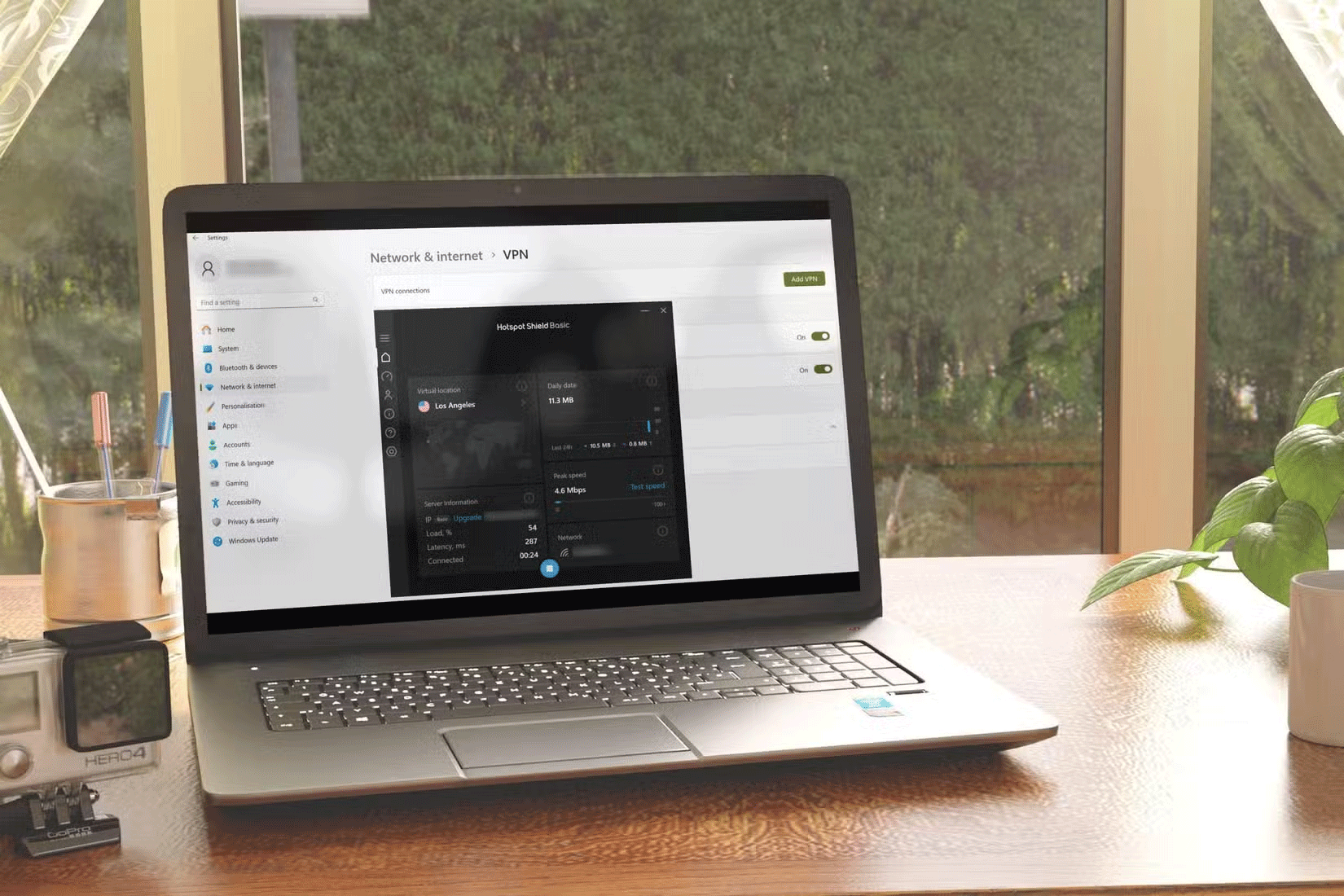What information does a VPN hide? How does it protect your data?
Knowing what information a VPN hides — and what it doesn't — can help you get the most out of it to protect your privacy and security.
What information does a VPN hide?
When you connect via a VPN, the first thing it hides is your IP address. An IP address acts as a digital identifier, linking your online activity to your physical location and Internet service provider (ISP). However, with a VPN, your real IP address is replaced with an IP address from the VPN server, making it difficult for websites, advertisers, and others to determine your true location.
Another important area that a VPN hides is your current browsing session. Normally, when you go online, your ISP and other network operators can see what websites you visit, how long you stay, and what you interact with. A VPN encrypts this information, hiding your activity from prying eyes so that only the VPN provider can see your browsing data.

This protection is especially valuable on public Wi-Fi, where network security is often weak, leaving your online activities vulnerable to interception. A VPN protects your data here, helping to prevent hackers or trackers from stealing sensitive information like passwords or financial information.
VPNs don't hide everything, though. Your device information—like the model, operating system, and some metadata—is still visible to websites you visit. Websites use this information to help customize your experience, but they can also use it to create a digital fingerprint for tracking purposes.
While your browsing history is hidden from most outside eyes, everything you do while logged into online accounts, like social media or email, can still be tracked by those platforms. This is because these sites track activity through account logins, not just IP addresses, so a VPN alone won't stop them from tracking your clicks, views, and other interactions.
Additionally, VPNs don't block cookies, which websites use to track you across different sites, unless you take additional measures, like clearing your cache or using private browsing mode.
How does a VPN protect your data?

A VPN creates a secure, encrypted tunnel between your device and the VPN server, converting the data you send and receive into encrypted code. This encryption prevents third parties, such as your ISP, hackers, or even some government agencies, from reading or collecting your data as it travels over the Internet.
When you connect to a website through a VPN, your data request goes from your device to the VPN server first, where it is encrypted using protocols like OpenVPN or WireGuard. Both are designed to be highly secure. The VPN server forwards the request to the website, so your IP address and location are hidden throughout the process.
Because this encrypted connection keeps your operations secure, it's difficult for hackers to intercept any information, even if they do manage to break into your network. This type of security is especially beneficial if you're dealing with sensitive information, whether on a public connection or even a private home network.
Use VPN safely
While VPNs enhance your online privacy by hiding your IP address and securing your data, they don't provide complete anonymity. Reliable VPN providers like ExpressVPN, NordVPN, and Mullvad adhere to no-logs policies to ensure your activity isn't recorded or stored on their servers, but it's always best to read the provider's privacy policy. You may also want to check your VPN's encryption before browsing.
Despite these limitations, the benefits of using a VPN – especially for protecting sensitive information on public networks – make it a valuable addition to your digital security toolbox. Combining it with security tools like an ad blocker and using private browsing mode can help create a more comprehensive security solution, allowing you to get the most out of your VPN.
 The Little-Known Dark History of Time Capsules
The Little-Known Dark History of Time Capsules Distinguish between resistive touch screen and capacitive touch screen
Distinguish between resistive touch screen and capacitive touch screen What is an NFT and why are NFTs so expensive?
What is an NFT and why are NFTs so expensive? What is Digital Footprint?
What is Digital Footprint? What is a MAC address? How does it work in conjunction with an IP address?
What is a MAC address? How does it work in conjunction with an IP address? What is an Instagram broadcast channel?
What is an Instagram broadcast channel?